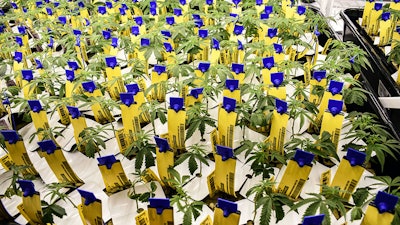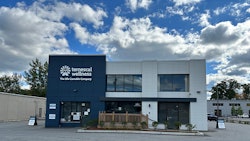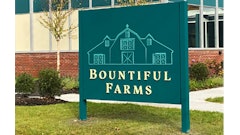
Cannabis genetics that are tracked by Massachusetts regulators are now available on the open market for medical patients and those 21 years and older who want to grow plants at home.
The state’s Cannabis Control Commission (CCC) announced May 2 that licensed adult-use cannabis retailers, delivery operators and Medical Marijuana Treatment Centers (MTCs) can now purchase cannabis seeds and clones at wholesale from licensed cultivators and turn around to sell them directly to consumers and patients.
The commission’s announcement comes six months after the U.S. Drug Enforcement Administration confirmed that cannabis seeds fall under the legal definition of hemp and that they can be sold openly and without criminal liability.
Under Massachusetts cannabis law, adults 21 years or older may grow up to six plants in their primary residencies with no more than 12 plants per household. Meanwhile, registered medical cannabis patients are permitted to grow enough cannabis to yield a 60-day supply for personal, medical use—defined as 10 ounces of dried flower.
“Safety is paramount to us at the commission,” CCC Executive Director Shawn Collins said in a statement. “I’m proud that for the first time ever, Massachusetts residents will now be able to purchase both seeds and clones from licensed retailers and dispensaries that are closely regulated and tracked. If patients or consumers do choose to grow their own plants at home, we encourage them to follow public awareness tips available through MoreAboutMJ.org.”
Licensed cannabis retailers and MTCs cannot sell more than six clones to an individual adult-use cannabis consumer or registered qualifying patient per day, according to CCC regulations. Clones and seeds are required to be tracked as units in Metrc, the state’s seed-to-sale tracking system provider, with clones needing to be categorized as immature plants and seeds categorized as “seeds.”
There is no limit on how many seeds licensed businesses may sell, and seeds are not subject to testing requirements.
Clones are subject to pesticide screenings in accordance with state regulations. There is a maximum clone count of 100 clones per batch, and three clones per batch must be submitted to an independent testing laboratory for contaminant screening requirements.
In addition, cannabis microbusinesses with a delivery license may also cultivate seeds and sell them directly to consumers.
The commission encouraged home growers to take the necessary precautions, including reducing the risk of electrical fires caused by high-powered grow lights and other equipment.
To learn more, read the commission’s Guidance on Home Cultivation for Adult Use.


























